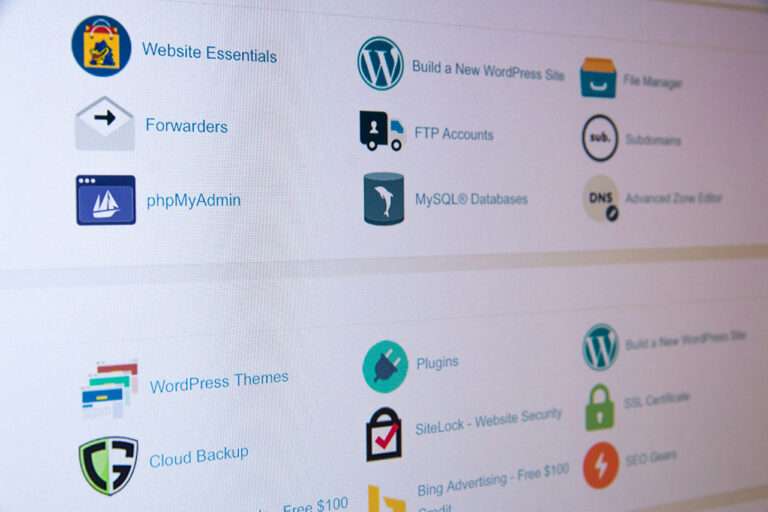If you use Posterous, you should already know that the blog network is closing it’s doors on the 30th April 2013.
If you haven’t done so already, you need to get your blog post history out of your Posterous blog before it’s gone for good! All of those hours, days, weeks spent writing content needs to be salvaged so you can carry on appreciating the SEO benefits.
Posterous have made it very easy to get a back up of your content – all you need to do is visit http://posterous.com/#backup when logged into your blog and click the “Request Backup†button to download a .zip file. Even if you don’t have anywhere new to put your content yet, or you don’t know what on earth a .zip file is, you should still just make sure you’ve got your back up.
ANOTHER ONE BITES THE DUST
Posterous was founded in 2008 and was acquired by (“joinedâ€) Twitter about a year ago. This closure is because the team now wish to “focus 100% of our efforts on Twitterâ€.
Just over a week ago we blogged about Twitter’s acquisition of WeAreHunted, it’s following closure, and Twitter’s launch of it’s #music service. And at the end of last month we discussed how the very popular app Summly had been bought by Yahoo! and subsequently closed down until Yahoo incorporate it some way into a future offering.
Meanwhile, on Thursday I was trying to read about Google Apps for Business as I knew they had a free email option for small businesses and I wanted to recommend it to a client… I soon found however that the free option was discontinued in December 2012. Meanwhile the Interweb was buzzing at the end of last year about Google gradually killing off Feedburner (or the API at least), whilst Google Reader will not be available after July 1st 2013.
And of course there’s the ever present protest around Facebook turning more towards sponsored stories and advertising.
WHAT’S NEXT?
With Posterous in the headlines this week, it of course made me think of WordPress.com. According to their stats today, over 49,000,000 posts are published on WordPress.com each month. That’s huge! And a lot of people would be left blog-less if WordPress were to disappear.
Whenever a client tells me they want to set up a blog, I suggest WordPress. There’s no question. But we always use WordPress.org so their blog is set up on their own hosting. (Read about the difference between WordPress.com and WordPress.org.) Yes, you’re reliant – for security and new features – on WordPress bring out new versions and then you upgrading to those versions. But no one – short of your hosting exploding and you having no back up – can take your current blog away from you. No “we’re closing – do this by this date†emails.
There are of course other very important differences around customising your blog and being able to get to the code but there has always been an element of doubt for me in a business basing a key part of it’s online activity around a free service. Although I’ve never really thought WordPress would just ‘stop’ – the community is far too strong for that. But it is very possible that it’ll get sold on, amalgamated by some other organisation who then decide they have other plans, or the scale of the operation just means it can only be run as a commercial organisation (and suddenly you have monthly fees you never expected).
I’m all about opensource, but there comes a time when things hit the mainstream to such an extent that suddenly it’s not just a service for techies anymore, it’s being used by members of the public who are used to having a support phone number or email address. And as much as you may want to, you can’t support that forever for free.
NOT SUCH A FREE INTERNET
I’ve been noticing a lot lately that there are less free things on the Internet. Don’t get me wrong, there are still loads! But lots of free directories or helpful websites have had to either close their doors or start charging to survive.
A few years ago I went to a talk by the then-Editor-in-Chief of Wired Magazine Chris Anderson who I remember talked about a computer game a child was hooked on which was completely free – until you wanted to buy special shoes or dust or similar which cost real world money. A seemingly genius idea at the time, now practised by countless App and Facebook games. The premise was, you offer a free service to reel people in and an optional higher tier to earn revenue from that you hope people will find they can’t live without.
Now, I do really see the sense in this when it comes to games – I’m sure there are a lot of people who have the personality type to get hooked on a game and start paying for it.
But with regards to services, I’ve been a sucker for that when planning my own projects time and time again. “I’ll do a free option to build up a customer base initially“. But I’ve found, time and time again, that often the business has decided that they don’t want to pay and they don’t have any intention to. They’ve looked for a free service and they’ve found it. And they’ll bend it to fit however they can to make it suit. So perhaps this approach only works when the start up has a huge amount of investment behind it so they’ve got a support team and it doesn’t matter so much if for every 1 paying customer in the first couple of years they’ve got 100 free customers using up disc space and emailing when they lose their password.
Therefore perhaps the best way forward to only use – and offer – services which charge a nominal fee, because then there’s more reassurance that they’ve got a business plan which can help them survive. Or – in the case of a popular site being bought out – don’t rely on 3rd party options for business critical procedures that you couldn’t move reasonably quickly if required.


